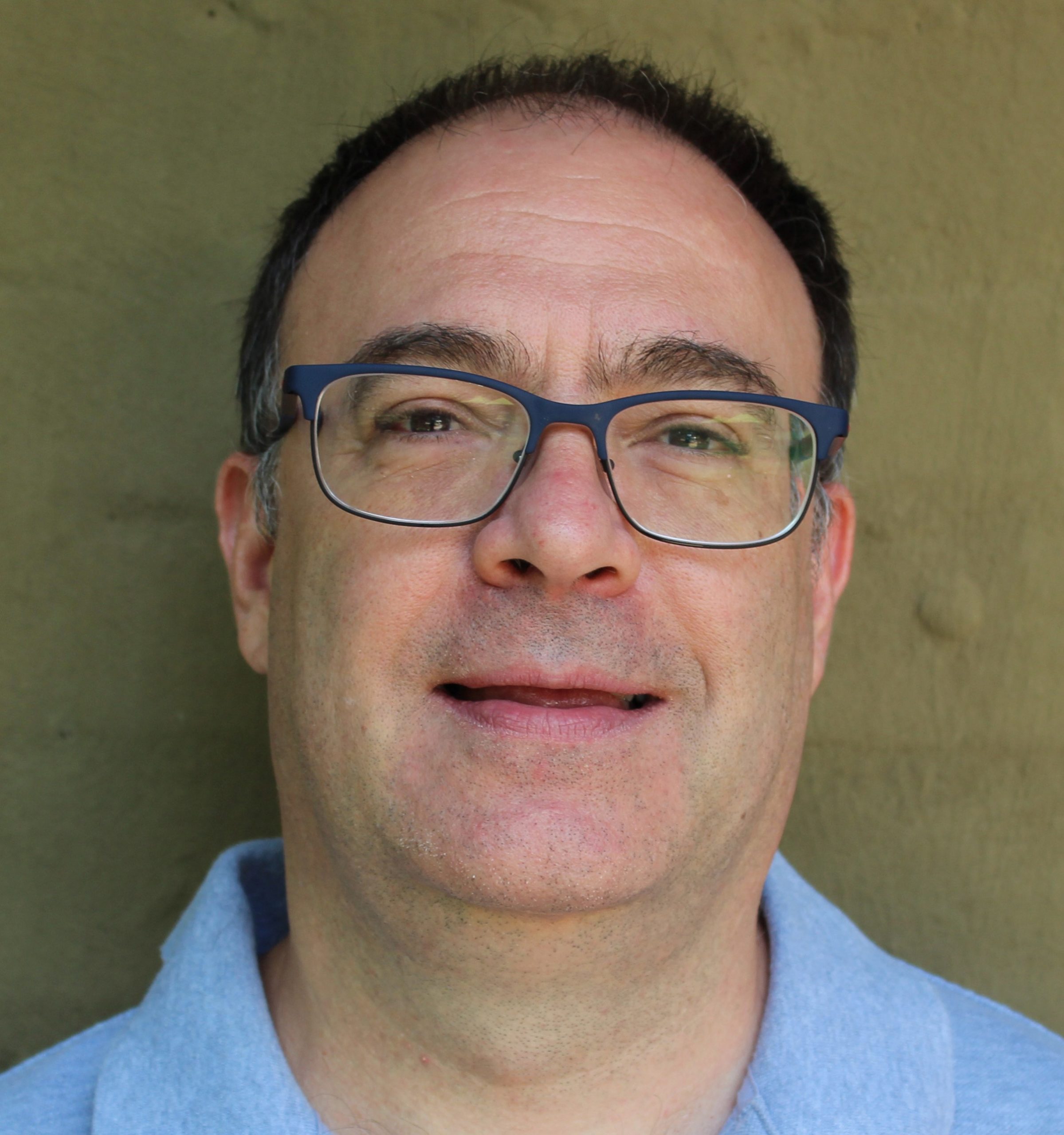click to dowload our latest edition
CLICK HERE TO SUBSCRIBE TO OUR NEWSLETTER


Published
2 years agoon
By
Steven GruzdThe invasion of Ukraine by Russia is playing out every day on our televisions and cellphones. This war is being fought as much in cyberspace, social media and on websites as it is in the streets and fields of Ukraine. And, in a war of words, every single salvo matters.
Take, for example, the spelling of place names. By calling the country “the Ukraine”, we’re playing into Russian President Vladimir Putin’s narrative that Ukrainian nationhood is a mere historical fiction. In his view, it isn’t a real country, but a region of Mother Russia. Use “Ukraine” if you believe in the sovereignty of this state.
And is the capital of Ukraine “Kiev” or “Kyiv”? The former is the Russified spelling and pronunciation from Cyrillic, the latter the spelling and pronunciation in Ukrainian. By calling it Kyiv, we’re making a political choice. Similarly, Ukrainians call their second and third-largest cities “Kharkiv” not “Kharkov” and “Lviv” not “Lvov” (which has also been called Lwów and Lemberg in the past, depending on who was ruling it at the time). Ukrainians call their famed seaside city “Odesa”, not “Odessa”.
The Kremlin refuses even to name this “a war” or “an invasion”. It has ordered Russian news outlets to call it “a special military operation”. That’s a euphemism masking Moscow’s real action. Russia has also introduced new draconian legislation making “false reporting” on this conflict punishable with long prison sentences. This has caused many local and international journalists in Russia to flee, quit, or self-censor.
The odious Russian claim of wanting to “denazify” Ukraine is designed to stir emotions. It sure does.
“Essentially, it’s a propaganda move by Putin,” Professor Milton Shain, an antisemitism expert at the University of Cape Town, told the SA Jewish Report. “He’s linking Ukrainian collaborators with the Nazis during World War II [and there were many] with current rightwingers who Putin asserts have been doing the fighting against Russians in the Donbas since he occupied that region in 2014. The radical right in Ukraine, I believe, is only 2% of the total population, which means it’s smaller than in most parts of the European Union. But Putin is happy to say the Ukraine government − including Zelenskyy – is in its hands and that it’s pulling the strings.” The fact that the Ukrainian president, Volodymyr Zelenskyy, is Jewish makes this claim preposterous.
In the world of words and images that’s social media, which hashtag you use matters too. Is it #UkraineConflict or #RussiaInvadedUkraine or “#UkraineUnderAttack? Each shows a nuance of where you stand.
Zelenskyy has shown his brilliant command of words in his video clips speaking to Ukrainians, Russians and the outside world. Sincere, passionate and genuine, this former actor and comedian masterfully uses the media to garner support, maintain morale and humanise this conflict. This contrasts with the remote, wooden and slightly creepy public persona of Putin.
The South African government has been cautious with its language about this conflict. Just one statement from the department of international relations and co-operation (Dirco), on 24 February, called on Russia to withdraw its forces from Ukraine. Subsequent statements and speeches played this down, as Pretoria pushes for dialogue. Contrast this with its emotive language blaming Israel for everything wrong in the Middle East.
Similarly, we make choices when we describe the geography of the “Israeli-Palestinian conflict” (or is it “Israeli-Arab conflict”? The width of the aperture matters). In the Torah, the disputed areas were called “Yehuda” and “Shomron”, or “Judea” and “Samaria”, terms favoured by Israelis living in these areas and the political right in Israel. “West Bank” is a term used in identifying the land on the west bank of the Jordan River and reflects who should administer the area. Calling it “occupied territory” or “Palestine” puts one on the other end of the political spectrum. Perhaps the most neutral term is simply “the territories” – the shtachim in Hebrew.
In 1758, Samuel Johnson wrote: “Among the calamities of war may be jointly numbered the diminution of the love of truth by the falsehoods that interest dictates and credulity encourages.” He was a writer and lexicographer, so he knew about the power of words.
English is such a rich and textured language. Wield your words wisely, especially in warfare.
Steven Gruzd is the head of the Russia-Africa Project at the South African Institute of International Affairs in Johannesburg. He writes in his personal capacity.
